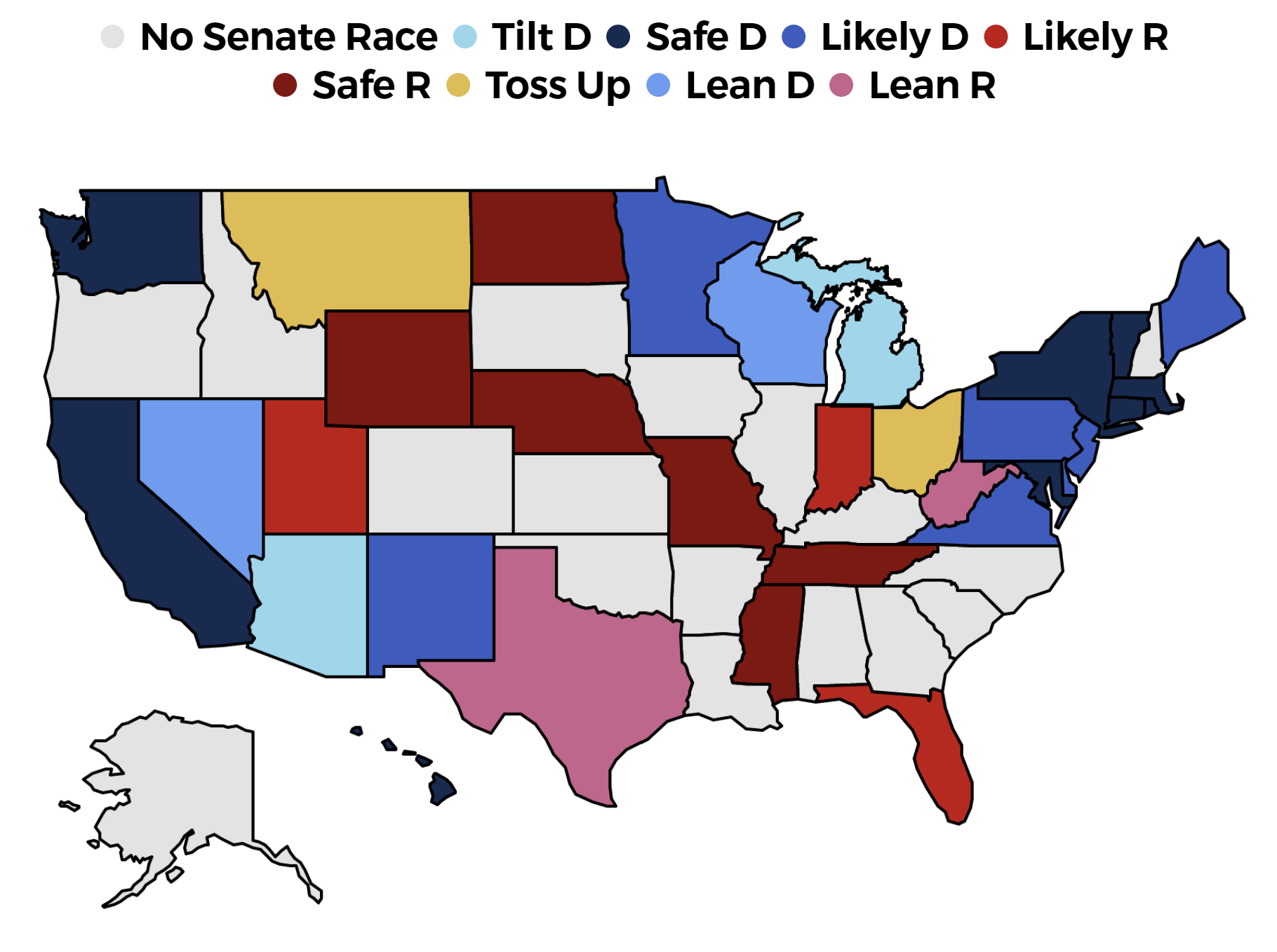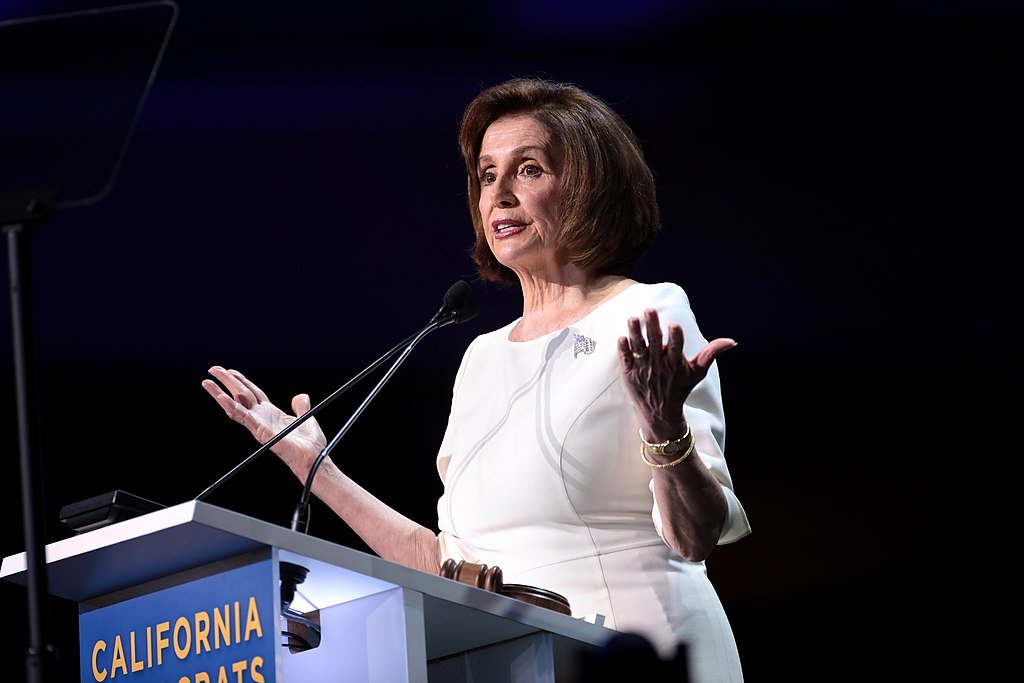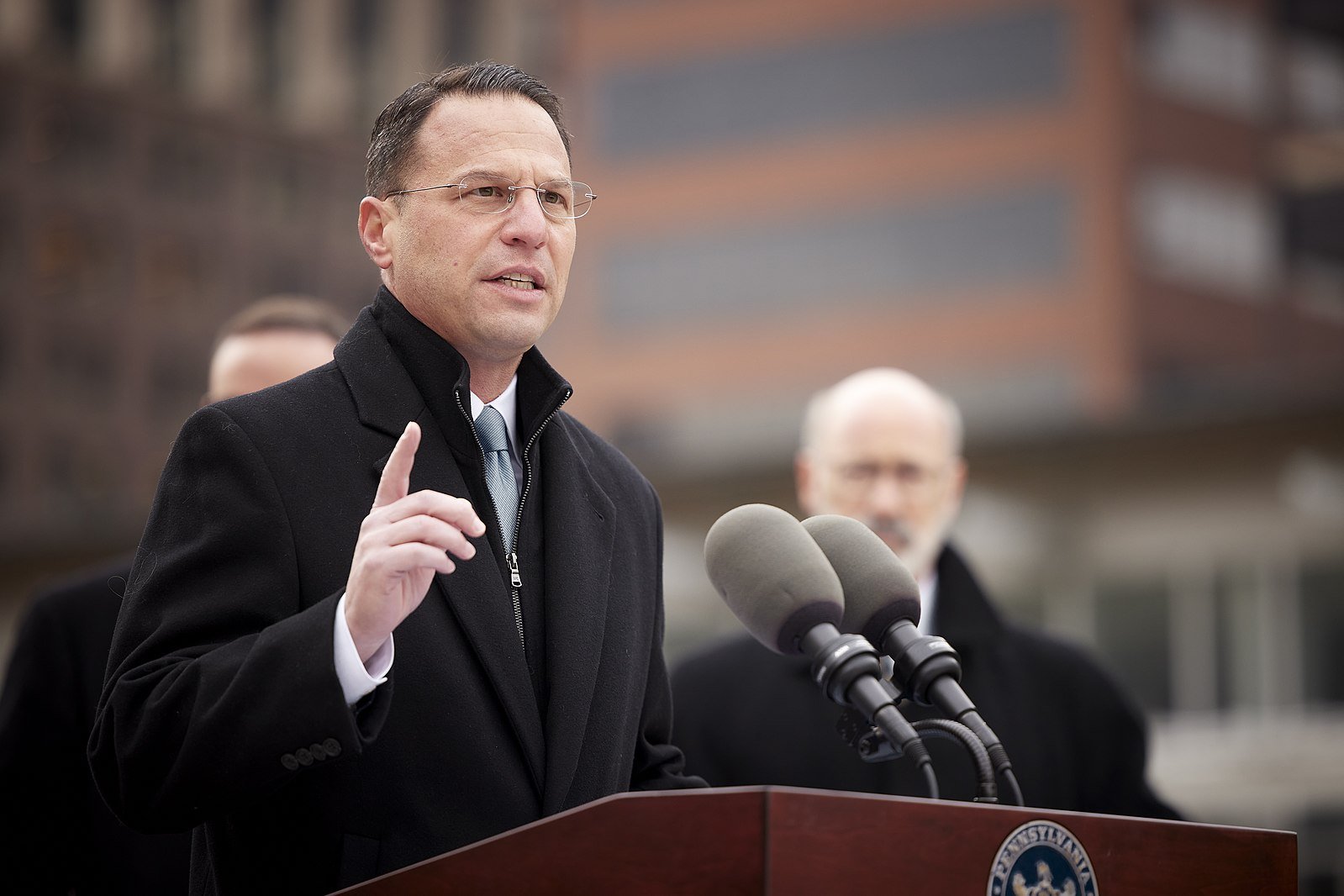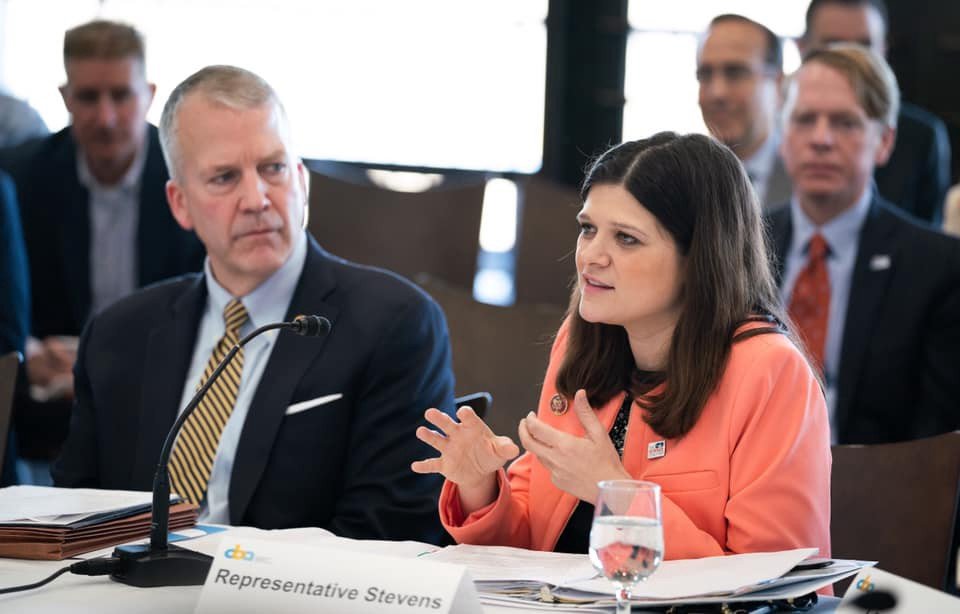How Joe Biden can Ease the Pain for Americans Struggling from Inflation and High Gas Prices
Photo Credit: Gage Skidmore from Peoria
Opinion Piece - by Guest Writer Jonas Goldman
Graduate of Columbia’s MPA in Environmental Science and Policy and former Research Analyst at the Environmental Economics think tank Smart Prosperity Institute
Date: April 6th
Americans are being asked to pay more at the pump but not everyone is paying their fair share. As working Americans have been forced to adjust their budgets due to increased gas prices, US fossil fuel companies and their stockholders have raked in significant profits. In the fourth quarter of 2021, the five largest fossil fuel companies earned $20.4 billion in pre-tax profits. If these profit levels remain consistent, they are set to make $81.4 billion this year, all while the average American can’t afford to pick their kids up from school.
Increased gas prices have resulted from several factors, including rising energy demand driven by the economic recovery from the pandemic, market volatility, and most recently, the ripple effects from the Russian invasion of Ukraine. Combine this with the transitory inflation from aggressive fiscal stimulus programs, supply chain disruptions, and the monetary policy the Fed pursued to avoid a financial meltdown akin to 2008, and it straight up sucks for the average American driver.
Greater costs for necessities inherently hurt the pocketbooks of American’s that lack the income or savings to accommodate such economic swings. Roughly 45% of Americans, including many of your own friends and neighbors, would struggle to cover an unexpected emergency expense of $400 dollars. Inflation is toxic – While its effects are felt across the economy, it disproportionally hurts the most vulnerable groups.
Fortunately for Americans, there is a way to relieve inflationary pain and reduce corporate greed, and that is through a windfall tax on fossil fuel profits. Based on fossil fuel company profits in Q4 2021, a new corporate tax rate on fossil fuel profits of 50% on the largest five US fossil fuel companies could generate roughly $40.7 billion of revenue.
If US gas consumption this year is similar to 2019, then this $40.7 billion, if redirected back to households and businesses (say via monthly checks), could save consumers on average 27 cents per gallon this year. Legislation in this exact vein is being proposed by Senator Sheldon Whitehouse (D-RI) and Representative Ro Khanna (D-CA 17). Congressional Democrats and the Biden administration should do everything possible to enact this legislation.
Windfall taxes are not a new concept. Biden need only look to his hero FDR, to find an example of the implementation of windfall taxes (that were really just a more progressive corporate income tax regime) for managing profiteering during wartime. Greater corporate income taxes on the largest US fossil fuel companies, can be used to cushion gas prices and subsidize middle- and working-class voters.
A hiked tax rate on fossil fuel company profits is a short-term solution. Windfall taxes don’t address the supply and demand-based causes of spiking gas prices, a recovering energy-hungry global economy colliding with the war-induced supply shocks of fossil fuels. It’s an abundance of dollars chasing too few goods.
What a windfall tax does is bide time while alternative supplies are brought to market or usage differed through decarbonization. Importantly, it also fosters social solidarity in a time of American hardship. A windfall tax ensures that the burden is shared more equitably, that the subset of Americans that have lined their portfolios with fossil fuel stocks and have the means to support their neighbours struggling at the pump do so. That the pain is shared around equally.
Fossil fuel companies are engaged in war-profiteering while the average American is forced to pay more at the gas pump. Through one decisive policy move, President Biden could help push for more equitable gas prices, foster greater social solidarity and provide relief to the electorate. If he seizes the initiative now, it could be one of the defining moments of his presidency.




























